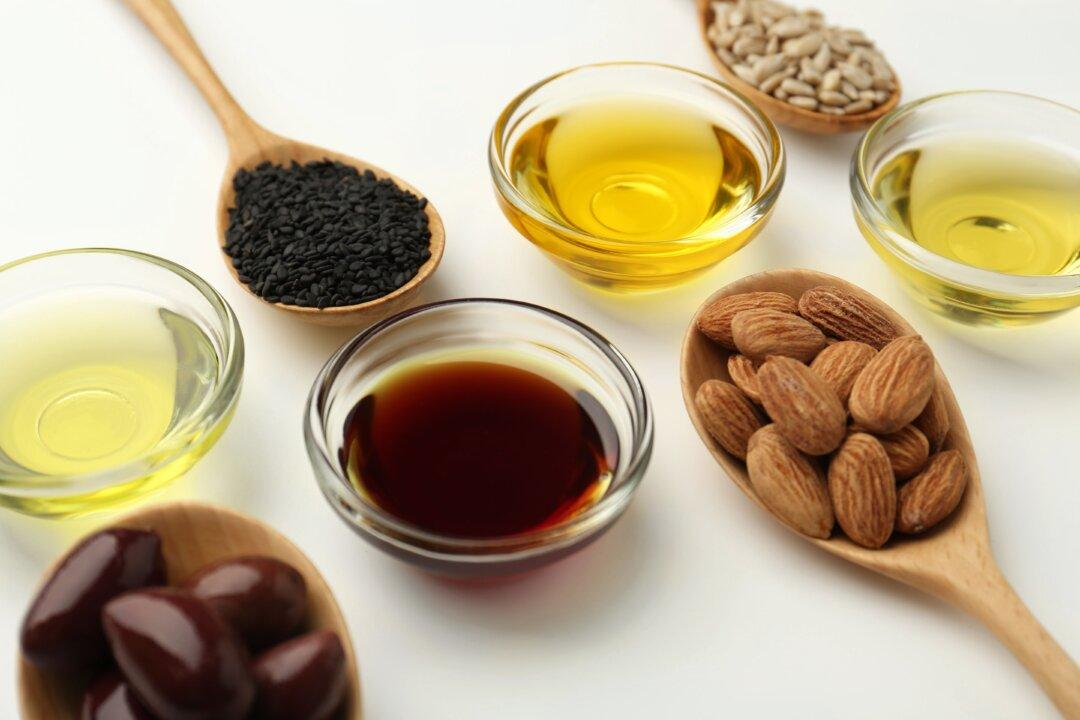If you’ve ever stared at a grocery aisle full of cooking oils, wondering if you’re picking a kitchen staple or a chemistry experiment, you’re not alone. The world of cooking oils is a confusing place, and the debate over seed oils is heating up. Are they really as bad as some say? And if so, what should we use instead? Let’s clear this up.
What Are Seed Oils?
Seed oils, often labeled as vegetable oils, come from the seeds of plants. The most common offenders? Canola, soybean, corn, sunflower, and safflower oil. These oils are found everywhere—from salad dressings to fast food fries.The problem? It’s how they’re made.





